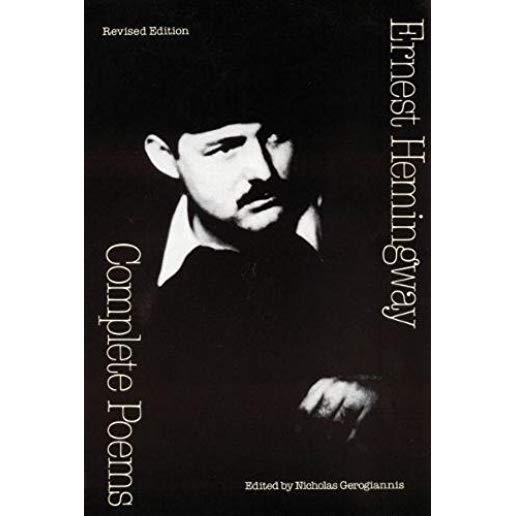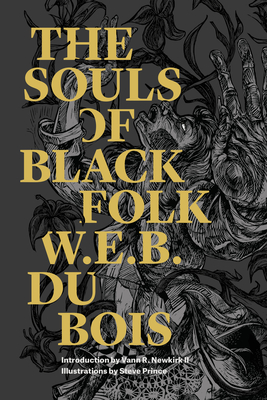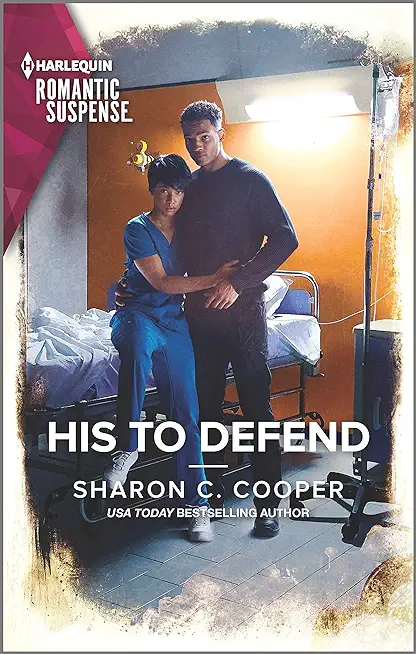
description
widely known as a poet. He concentrated on writing short stories and novels, for which he won the Nobel Prize in 1956. But his poetry deserves close attention, if only because it is so revealing. Through verse he expressed anger and disgust--at Dorothy Parker and Edmund Wilson, among others. He parodied the poems and sensibilities of Rudyard Kipling, Joyce Kilmer, Robert Graves, Robert Louis Stevenson, and Gertrude Stein. He recast parts of poems by the likes of Ezra Pound and T. S. Eliot, giving them his own twist. And he invested these poems with the preoccupations of his novels: sex and desire, battle and aftermath, cats, gin, and bullfights. Nowhere is his delight in drubbing snobs and overrefined writers more apparent.
In this revised edition of the Complete Poems, the editor, Nicholas Gerogiannis, offers here an afterword assessing the influence of the collection, first published in 1979, and an updated bibliography. Readers will be particularly interested in the addition of "Critical Intelligence," a poem written soon after Hemingway's divorce from his first wife in 1927. Also available as a Bison Book: Hemingway's Quarrel with Androgyny by Mark Spilka.
member goods
No member items were found under this heading.
Return Policy
All sales are final
Shipping
No special shipping considerations available.
Shipping fees determined at checkout.







